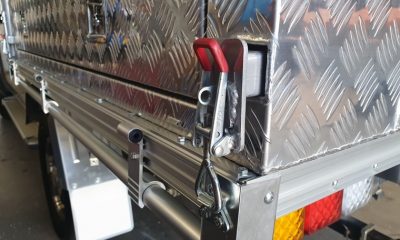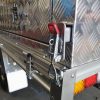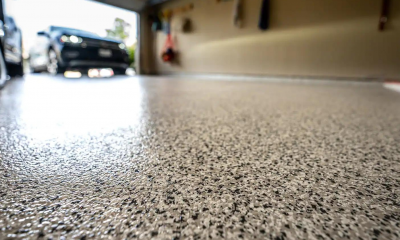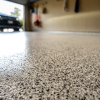Industry
Drills and Drill Bits: Your Ultimate Guide for Construction and Renovation Projects
Drills and drill bits are indispensable tools in the world of construction and renovation. From drilling holes for electrical wiring to creating openings for plumbing fixtures, these tools are the workhorses of the industry. In this comprehensive guide, we will explore the importance of drills in various projects, delve into the different types of drills available, including auger drills, and provide insights into what to look for when selecting the right drill and drill bits for your specific needs.
The Importance of Drills in Construction and Renovation
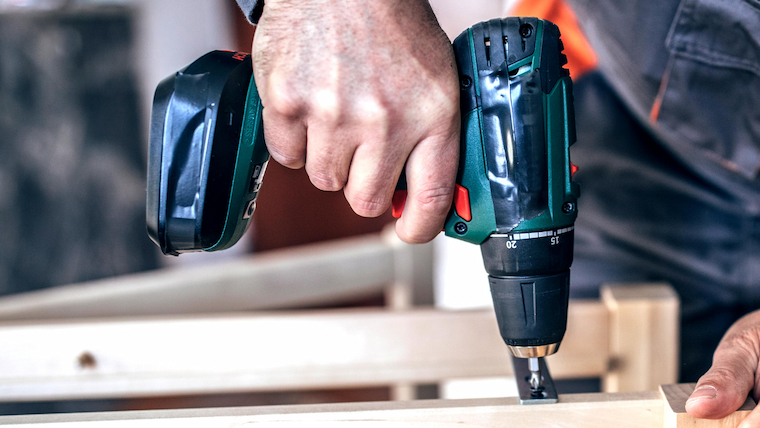
Before we dive into the specifics of drills and drill bits, it’s essential to understand the crucial role they play in construction and renovation projects. Drills are versatile tools that are used for a wide range of tasks, including:
Hole Drilling: Drills are primarily employed for creating holes in various materials such as wood, metal, concrete, and masonry. These holes serve as entry points for fasteners, wiring, plumbing, and more.
Fastening: Cordless drills equipped with screwdriver bits are invaluable for driving screws and fasteners into different surfaces, ensuring a secure and durable hold.
Mixing: Specialized drill attachments, such as paddle mixers, can be used for stirring and mixing materials like paint, mortar, and concrete.
Cutting: Some drills can accommodate cutting attachments, making them suitable for tasks like cutting holes in drywall or metal sheets.
Sanding and Polishing: With the right attachments, drills can be transformed into sanders and polishers for finishing surfaces.
Now that we’ve established the significance of drills let’s explore the various types of drills available in the market.
Types of Drills and Their Functions
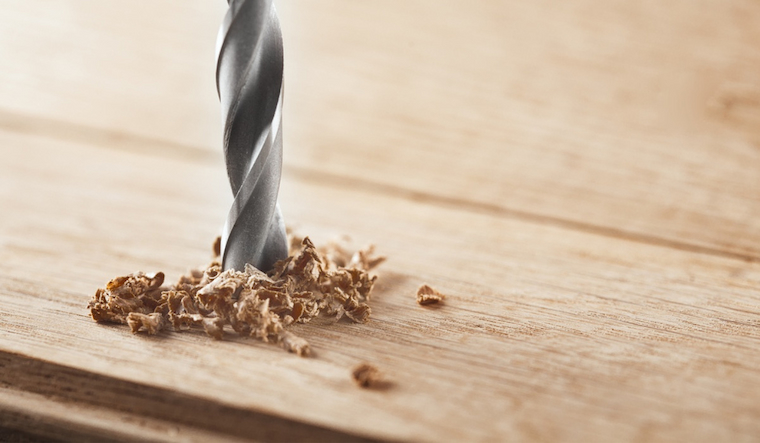
Cordless Drills: Cordless drills are incredibly popular due to their portability and convenience. They are powered by rechargeable batteries, making them ideal for projects in remote locations or where access to power outlets is limited. These drills are versatile and suitable for a wide range of tasks, including drilling holes and driving screws.
Corded Drills: Corded drills, also known as electric drills, are known for their consistent power supply. They are typically more powerful than their cordless counterparts and are suitable for heavy-duty tasks. However, their range is limited by the length of the power cord.
Hammer Drills: Hammer drills are designed for drilling into tough materials like concrete and masonry. They feature a hammering action that helps break up the material while drilling, making them essential tools for construction projects that involve concrete walls or foundations.
Impact Drills/Drivers: Impact drills or drivers are specialized tools for driving screws and fasteners. They provide a rotational and percussive force that allows for efficient fastening without the risk of stripping screws.
Angle Drills: Angle drills have a compact and angled design, making them suitable for tight and hard-to-reach spaces. They are often used in plumbing and electrical work.
Auger Drills: Drill augers are a specific type of drill used for digging holes in the ground. They are commonly used in landscaping and construction to create holes for fence posts, tree planting, and more. Auger drills come in various sizes to accommodate different hole diameters.
Drill Press: Drill presses are stationary machines that provide precise drilling capabilities. They are commonly used in workshops and manufacturing settings for repetitive drilling tasks that require accuracy.
Rotary Hammers: Rotary hammers are heavy-duty tools designed for drilling into concrete, stone, and masonry. They are often used in construction for tasks like installing anchor bolts or drilling holes for pipes.
Selecting the Right Drill for Your Project
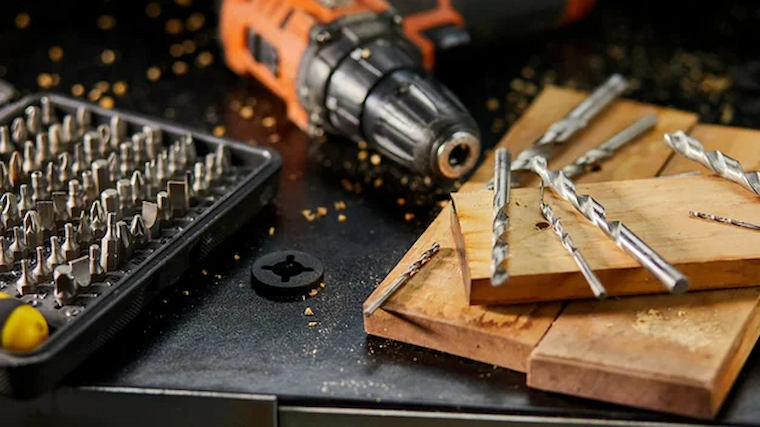
Choosing the right drill for your construction or renovation project is crucial for achieving efficient and accurate results. Here are some factors to consider when selecting a drill:
Project Type: Determine the nature of your project. Are you primarily drilling holes, fastening, or performing specialized tasks like mixing or cutting? Different drills are optimized for specific functions.
Power Source: Decide whether you need a corded or cordless drill. Cordless drills offer mobility but may have limited battery life, while corded drills provide consistent power but require access to an electrical outlet.
Power and Speed: Consider the power and speed required for your tasks. Heavy-duty projects may demand higher torque and speed settings, while lighter tasks can be accomplished with lower-power drills.
Chuck Size: The chuck size determines the maximum drill bit diameter the drill can accommodate. Ensure that the chuck size matches the size of drill bits you intend to use.
Ergonomics and Comfort: Opt for a drill with a comfortable grip and ergonomic design to reduce user fatigue during extended use.
Accessories and Attachments: Check if the drill offers compatibility with various accessories and attachments, such as additional handles, depth stops, or specialty bits.
Understanding Drill Bits
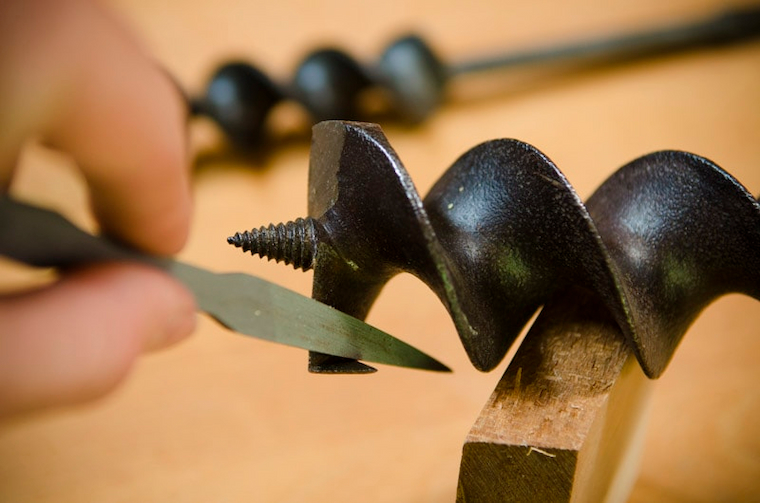
Drill bits are essential components of the drilling process, and selecting the right bit can significantly impact the outcome of your project. There are various types of drill bits designed for specific materials and tasks:
Twist Bits: Twist bits are the most common and versatile drill bits. They are suitable for drilling holes in wood, plastic, metal, and some masonry materials. Twist bits come in various sizes to accommodate different hole diameters.
Masonry Bits: Masonry bits, often equipped with carbide tips, are designed for drilling into concrete, brick, and stone. They have a unique tip geometry that helps penetrate tough materials.
Spade Bits: Spade bits, also known as paddle bits, have a flat, spade-like shape and are ideal for drilling large holes in wood. They are commonly used in carpentry and construction.
Forstner Bits: Forstner bits are specialized for drilling clean, flat-bottomed holes in wood. They are preferred for tasks like creating boreholes for cabinet hinges.
Hole Saw Bits: Hole saw bits are used for cutting large-diameter holes in various materials, including wood, metal, and plastic. They are commonly employed in plumbing and electrical work.
Step Bits: Step bits feature multiple stepped diameters, allowing for precise drilling of holes with varying sizes. They are popular in electrical and HVAC installations.
Auger Bits: Auger bits are designed for drilling deep holes in wood. They have a spiral shape that helps remove material efficiently.
Conclusion
In the world of construction and renovation, drills and drill bits are indispensable tools that empower professionals and DIY enthusiasts alike. Understanding the different types of drills and their functions, as well as the variety of drill bits available, is essential for selecting the right tools for your specific projects. Whether you are drilling holes, fastening materials, or performing specialized tasks, the right drill and drill bits are key to achieving efficient and precise results. So, the next time you embark on a construction or renovation endeavour, armed with the knowledge from this guide, you’ll be better prepared to tackle the task at hand with confidence.


